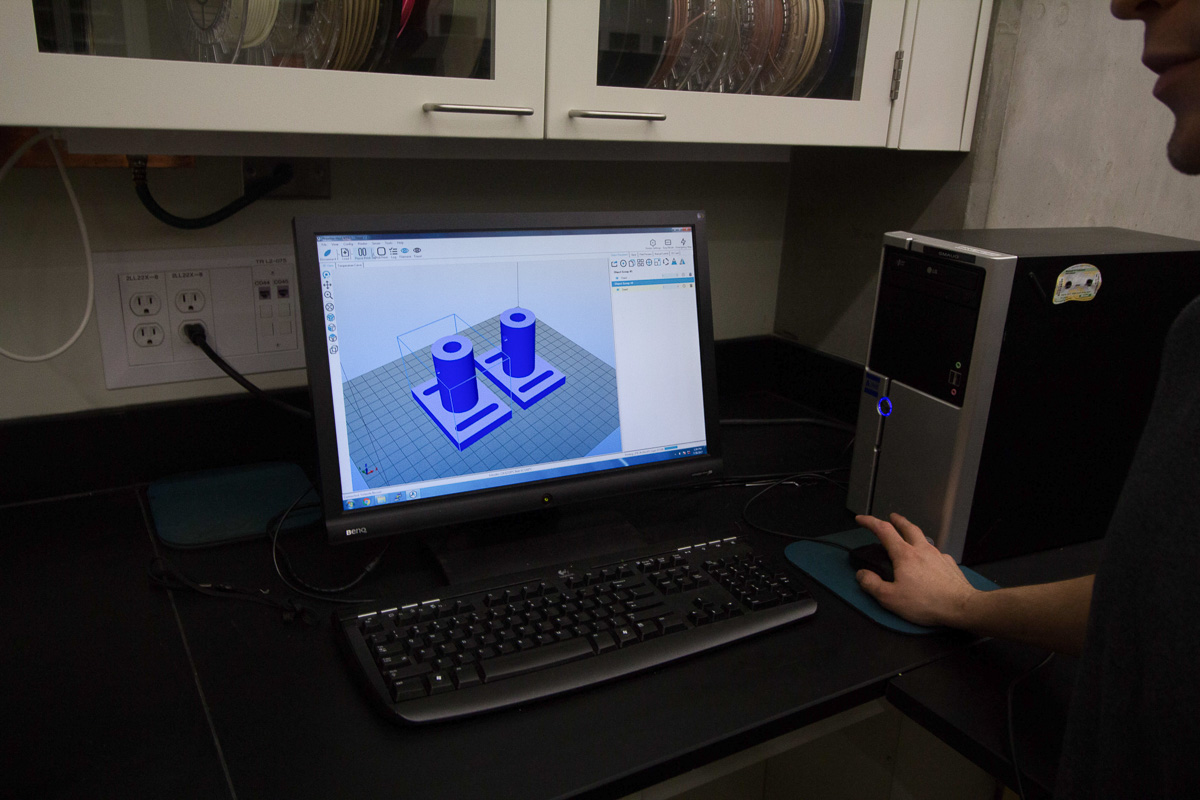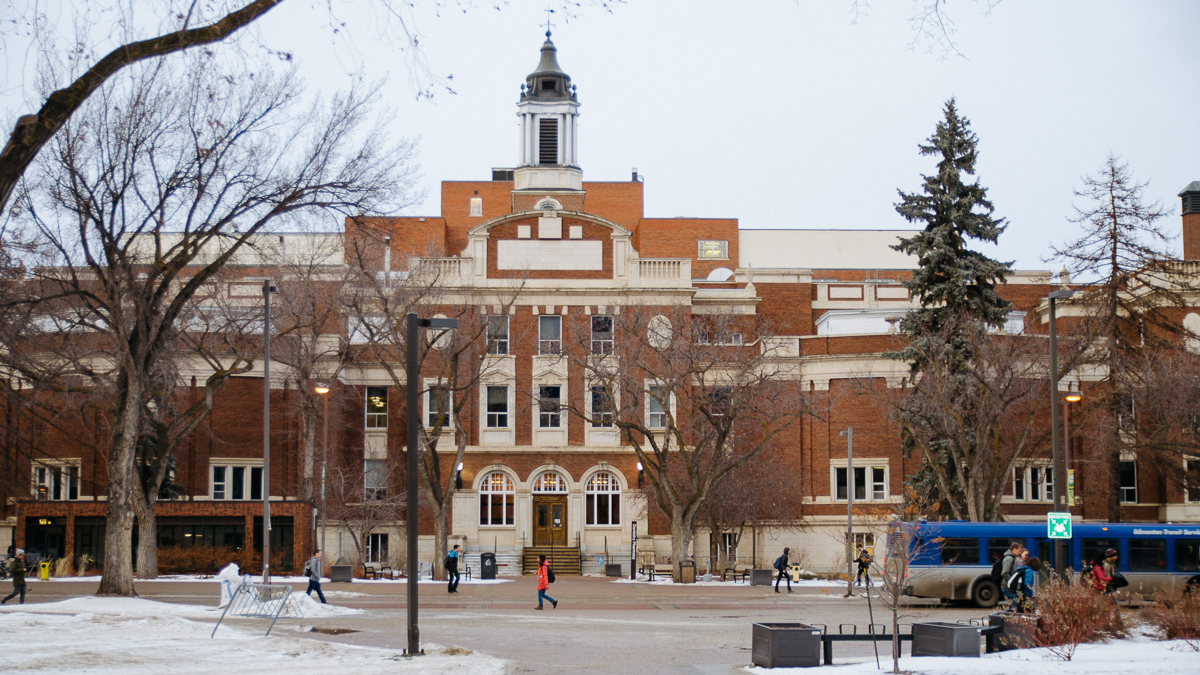Province to create 3,000 seats in post-secondary tech programs
 Jonah Angeles
Jonah AngelesThe Government of Alberta is adding 200 new post-secondary spots for students to study tech in 2018-19.
The Growth and Diversification Act, introduced by the government of Alberta on March 14, will provide roughly $43 million dollars in funding to create 3,000 new post-secondary spots within the next five years, 200 of which will be for 2019. The bill, also known as Bill 2, will also create new scholarships and provide funding to develop novel as well as expand current technology-related skills development programs to help people transition into the field.
Bill 2 was created and introduced by the Ministers of Advanced Education, Economic Development and Trade, and Transportation. The details on the scholarship eligibility criteria, which post-secondary institutions will receive funding, and how the new spots will be distributed amongst them, will be developed over the coming year.
One of the main goals of the bill is to support training of highly skilled workers in a variety of fields, including quantum computing, health innovation, big data, clean and renewable energy, and artificial intelligence, said Minister of Advanced Education Marlin Schmidt. Additionally, the bill is also expanding investment tax credits that promote inclusivity and diversity as well as creating a new interactive digital media tax to support growth in that sector.
“We heard loudly and clearly from people in the high tech sector that they had vacancies… there are currently 1,000 unfilled vacancies… because they can’t find people with qualifications to fill the positions they need,” he said. “So we decided to address this need by providing additional dollars to train people in the high tech sector and to support Alberta’s diversification.”
In order to create these new post-secondary spots and scholarships, the bill will establish a talent advisory council that will include industry, academic leaders, and possibly students. The government will rely heavily on the advice of these individuals, but the council will not be formed until the bill is passed later in the spring.
The scholarship program will mainly support those underrepresented in these fields, particularly women.
“There are definitely issues for women in academia (and industry), and we are deeply committed to gender equality,” Schmidt said.
200 of the 3,000 spots will be created for the 2018-19 academic year with the support of $6 million dollars. The remaining spots, as well as funding, will increase exponentially for four additional years. The funding will mainly be used to cover the costs of program development and delivery and will not be used for infrastructure.
“Capital dollars come from a separate pot of money, but we are maintaining investment in infrastructure and repair so we can have modern classes,” Schmidt said.
Regarding the recently passed 3.14 percent increase in international student tuition at the University of Alberta, the Minister said he hopes the bill will encourage students to continue coming to the province for their education.
“We’ve got some of the top universities in the country and they will always be attractive to international students because the quality of education at the [Universities of Alberta and Calgary] is largely unmatched,” Schmidt said. “But I’m concerned about unpredictability in international tuition. They are targeted by price swings, and that is a problem we’ve heard loudly and clearly… and there will be more to say on that later this year.”




